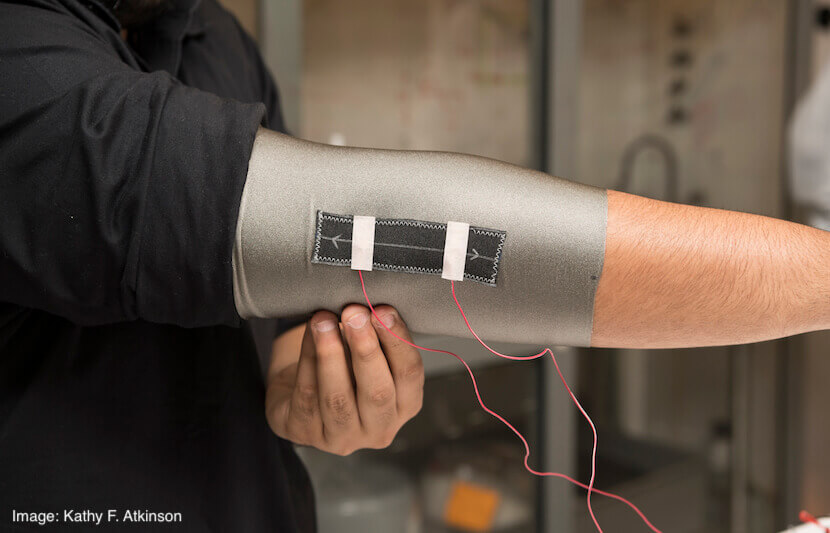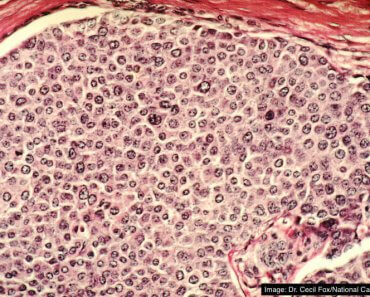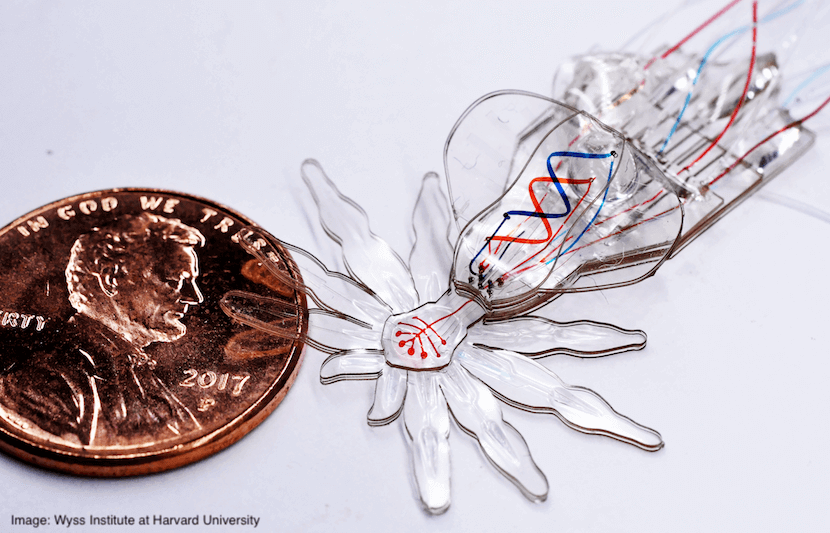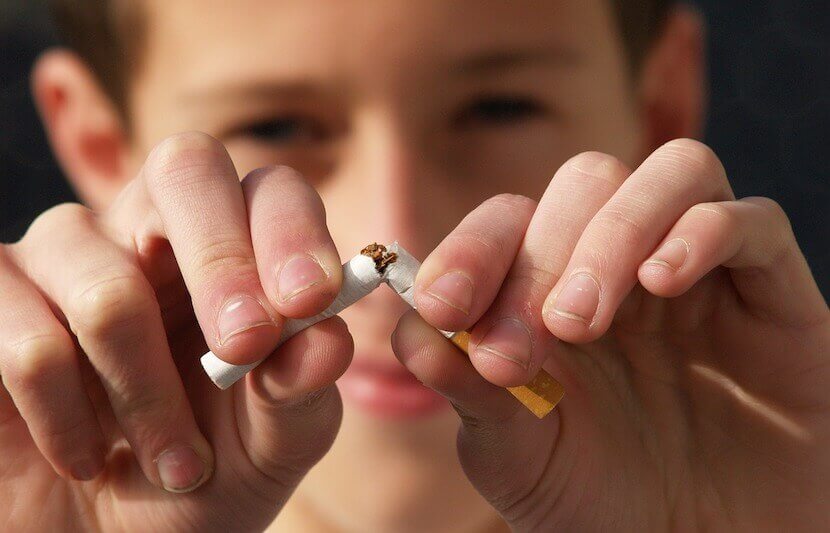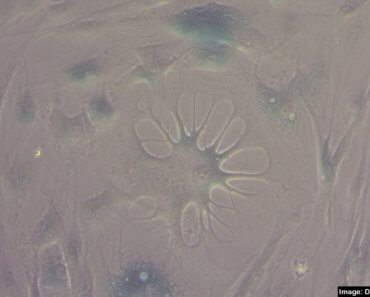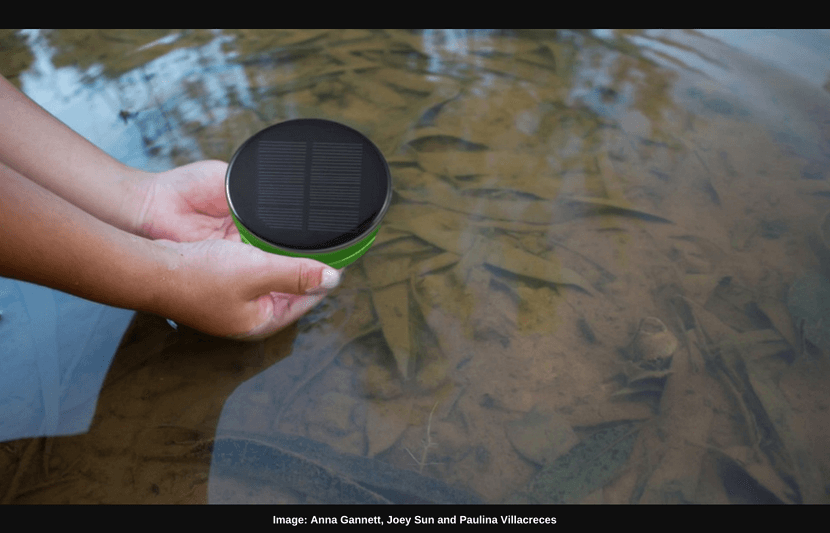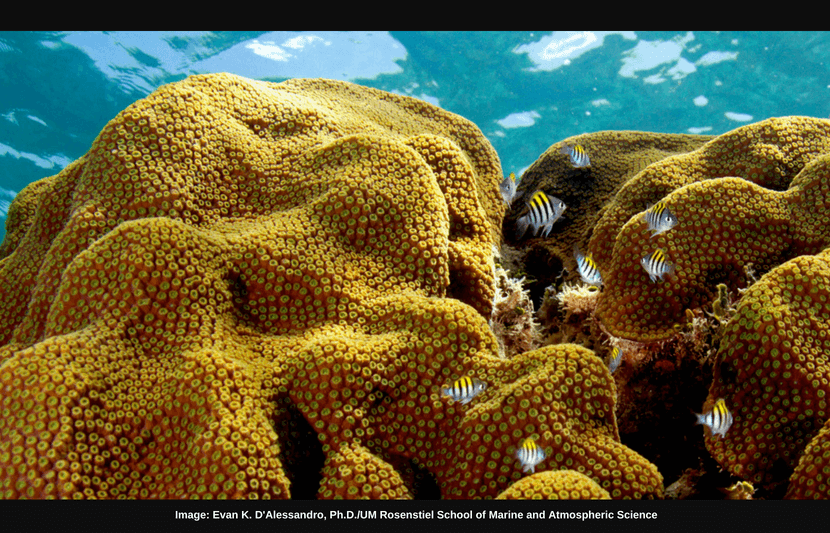-
‘Smart’ Fabrics Lead to Clothes That Can Detect Human Motion
Engineers at the University of Delaware have developed a technique to create touch-sensitive smart textiles by coating a variety of fibers, including nylon, cotton and wool, with carbon-based nanomaterials. The resulting fabrics are equipped with novel sensing abilities that can detect a wide range of pressure — from the light touch of a fingertip to… Read More
-
Flushing Your Contact Lenses Is Killing the Environment
There has been a lot of publicity surrounding the ill-effects of single-use plastics on the environment, but now the finger is pointed at a new pollutant — contact lenses. Researchers from Arizona State University (ASU) have determined that flushing or throwing contact lenses down the drain is harming animals, humans and the environment. If lenses… Read More
-
How News Selection Influences Young Voters’ Political Participation
A new research shows that the way young people consume news may make a difference in the way they participate in politics. With the increasing selection of media platforms and information, news consumers are no longer limited to big media companies to learn what is happening around the world. Therefore, to secure future audience groups,… Read More
-
Scientists Fight Climate Change by Accelerating Growth of CO2-Absorbing Crystal
Researchers at Trent University, Canada, have developed a novel method to accelerate the production of magnesite at room temperature in an attempt to fight climate change. Magnesite (MgCO3), a naturally-forming mineral found in playa, or dry lake, environments, can capture and store carbon dioxide — the notorious greenhouse gas — from the environment. Scientists have… Read More
-
Why Checking Emails Outside of Work Can Hurt Your Marriage, Well-Being
Organizational expectations to monitor work emails after work hours can lower both employees and their spouses’ marital satisfaction and overall well-being, a new study suggests. The research was recently presented at the Academy of Management annual meeting held in Chicago, Illinois, and is published in the Academy of Management Best Paper Proceedings. Home, but not… Read More
-
We Must Change Our Food Systems if We Want a Sustainable Future
In 2015, the United Nations came together to draft the 2030 Agenda for Sustainable Development, a collection of 17 global goals and 169 targets that address social, economic and environmental issues. That same year, then-UN Secretary General Ban Ki-moon convened an informal meeting of high-level experts and policymakers in Italy on World Food Day. Dubbed… Read More
-
Breast Cells Can Actively Attack Invading Cancer Cells, Study Finds
Researchers at Johns Hopkins University have recently discovered that the cell layer surrounding breast milk ducts, called the myoepithelium, works as an active defense against breast cancer metastasis. Scientists previously believed this cell layer only acted as a stationary barrier to prevent cancer invasion, but in a demonstration with mice, the Johns Hopkins team discovered… Read More
-
New Method Leads to Tiny, Soft Robots for Delicate Procedures
Researchers have developed a new method to fabricate soft millimeter-scale materials, paving the way for flexible microrobots to be used in medical procedures and other hard-to-access environments. The research team, consisting of members from Harvard’s Wyss Institute for Biologically Inspired Engineering, Harvard John A. Paulson School of Engineering and Applied Sciences (SEAS), and Boston University,… Read More
-
New Algorithm Provides Real-Time Monitoring of Groundwater Pollutants
A team of researchers has developed a new, low-cost method for continuous, real-time monitoring of groundwater pollution. The development could provide a critical boost for “green” remediation efforts that reduce groundwater contamination without adversely affecting the surrounding environment. The study, entitled “In Situ Monitoring of Groundwater Contamination Using the Kalman Filter,” is the result of… Read More
-
Climate Change Is Weakening Trees
New research from the University of Munich (TUM) shows that although climate change has made trees grow faster, it has made wood less dense or lighter. One would think that faster tree growth would be beneficial, because trees store excess carbon dioxide from the atmosphere in their wood. But it’s not that simple. Trees with… Read More
-
Wearable Technology Helps Smokers Quit for Good
A team of researchers from Case Western Reserve University has developed a personalized automatic alert system to help people quit smoking, using wearable technology. It is hard to quit smoking. With most people, it only takes three tries to become addicted to nicotine, an addictive chemical in cigarettes and, according to the Center for Disease… Read More
-
New Compounds Could Make Aging a Thing of the Past
University of Exeter scientists have developed new compounds that can reverse the aging of human cells. Naturally, people age as their cells deteriorate and can no longer effectively regulate gene expression within the cells by turning genes on and off. In this process, deteriorated cells can spread their effects to other cells, often leading to… Read More
-
The Widespread Effort to Solve the Global Water Crisis
As climate change, pollution and population levels are on the rise, humanity is at risk of depleting its most necessary resource — freshwater. The issue is so severe that by 2025, 1.8 billion people are expected to live in areas with absolute water scarcity, and ⅔ of the world could be under water-stressed conditions, the… Read More
-
Nature Holds Secret to Controlling Growing Mosquito Population
Three Cornell student researchers have won a global competition with their UPod, an eco-friendly and low cost mosquito-control device that functions like a carnivorous plant. The UPod was selected as one of eight project winners — out of more than 60 teams from 16 countries that entered this year’s competition — of the Biomimicry Institute’s… Read More
-
Some Corals Can Withstand Climate Change, Study Shows
Rising ocean temperatures have put many coral species at risk of bleaching or death, but a new study shows that not all corals respond the same way to climate change. Researchers at the University of Miami studied two different types of corals found in Florida and the Caribbean and found that one of them —… Read More


